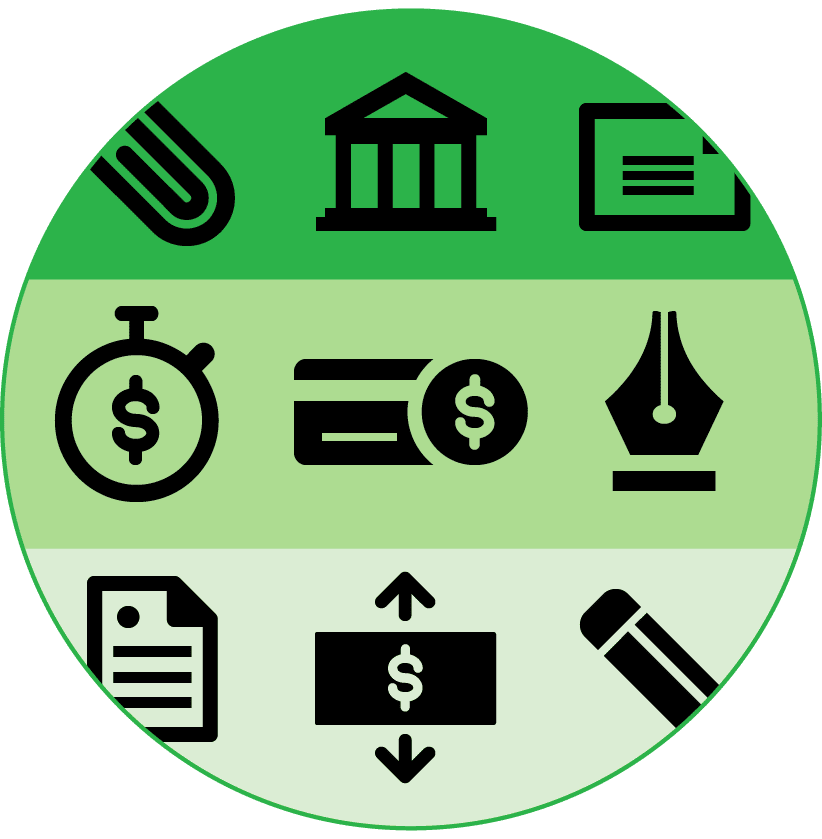Rep. Maxine Waters issued an open letter to potential whistleblowers at the Consumer Financial Protection Bureau (CFPB) late last week.The California Democrat’s letter was addressed to agency employees who witness waste, fraud, abuse or mismanagement. It asks that they “please do not hesitate to alert me and my staff” if they witness any such bureaucratic misconduct. Her action was in response to reports of low morale at the agency.
The CFPB has a online page with resources and information for “employees or job applicants who may have information they believe shows potential wrongdoing.” The page also links
That site also spells out what constitutes retribution.
Protected whistleblowing.
The employee must have disclosed what he or she reasonably believes to be:
- a violation of law, rule, or regulation;
- gross mismanagement;
- gross waste of funds;
- an abuse of authority; or
- a substantial and specific danger to public health or safety;
Knowledge of whistleblowing.
- The personnel action in question must have been taken (or not taken, such as in the case of a promotion), threatened, or influenced by an official who knew of the employee’s disclosure.
- The employee’s disclosure was a contributing factor in the personnel action.
